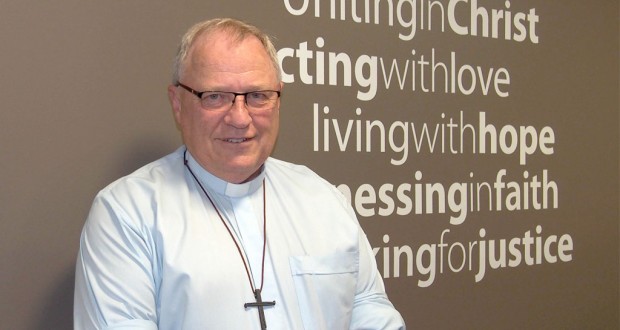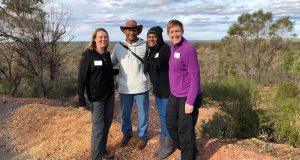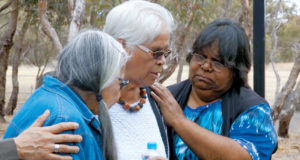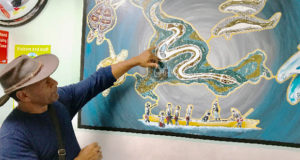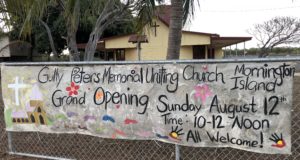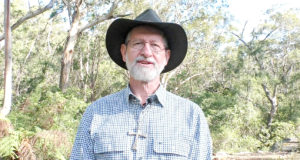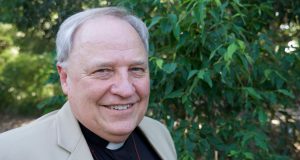I’ve just finished reading Nyunggai Warren Mundine’s autobiography In Black and White.
It’s a very interesting and challenging read, telling the story of a family in the era of the “Protection” Acts for Aboriginal people, and Mundine’s journey into leadership in the ALP, and for his people.
Mundine is a compelling advocate for the First Peoples of this land, and a tenacious believer in keeping governments and bureaucracies accountable for outcomes for First Peoples.
He was one of the initiators of the Close the Gap reporting process, so that outcomes and progress could be measured, not simply activity such as how much money was being spent.
He has been criticised for being a bit too blunt, challenging vested interests, but his passion for his people can’t be doubted.
The most significant key for Mundine is that children get access to schooling. He hangs his hat on school attendance; that an attendance level of 90 per cent is a critical factor for a person’s success in life beyond school—being able to get a job and participate in society. Resistance to providing that kind of data has been a significant challenge to the Close the Gap report.
The Uniting Church in Queensland is embarking on a Covenant Action Plan so that we can, across the church, build informed and productive relationships between First and Second Peoples.
Our agencies and schools are developing Reconciliation Action Plans; some of our congregations are making connections with First Peoples, but we have a way to go.
The Covenant Action Plan is being planned, and will start rolling out in the next few months; in the meantime, I encourage you to enter into the story by reading some of the books that relate the history of First Peoples; The Way We Civilise is a history of the treatment of First Peoples in Queensland. The Lamb Enters the Dreaming is the story of the Moravian mission in the Wimmera in Victoria. The Politics of Suffering is a reflection on the post mission/ protection act era for First Peoples.
I am praying and hoping that as we take up this journey, it will enrich our lives as communities of faith; that we will be able to have a deeper appreciation of the gift of the First Peoples’ variety of perspectives brings to our lives.
 JourneyOnline
JourneyOnline
